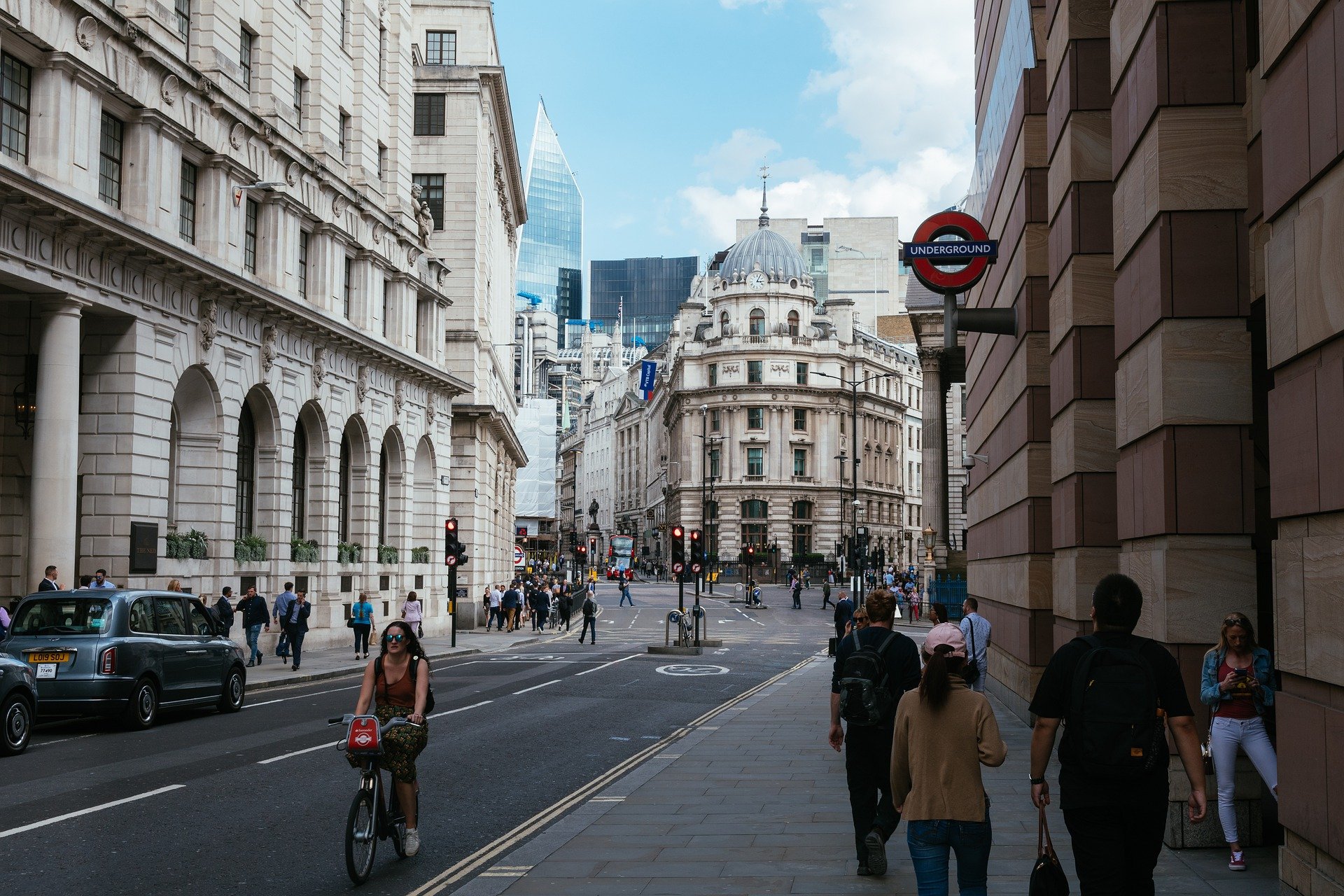A study by the National Institute for Health Research has published findings that show lower cancer mortality rates amongst those that commute to work by bicycle.
With a boost in bike sales due to the coronavirus lockdown alongside increasing measures by the UK Government to encourage greener routes of transport, will cycling to work prove to be a universal remedy?
What does the data say?
Using data compiled by the Office for National Statistics (ONS) and census records in England and Wales, cycling to work was associated with a 20 per cent decrease in all causes of death when compared to those who choose to travel to work by using personal motor vehicles.
Amongst the findings, the report concluded significant reductions in mortality for prominent diseases.
Deaths by cardiovascular disease were reduced by 24 per cent, and deaths by cancer were reduced by 16 per cent. In fact, reported cases of cancer were 11 per cent lower in cyclists than in private commuters.
Commuters who walk as opposed to drive also showed a seven per cent reduction in cancer incidence.
Interestingly, the analysis showed that a person’s socio-economic background had no effect on the benefits that cycling contributes to an individual’s health.
Although the study does not analyse how motorised transport is directly responsible for increased health issues, it does indicate that poorer air quality and a reduction of physical exercise are contributing factors. Increased noise and stress levels may also influence health problems.
In 2018, the transport sector contributed to over 25 per cent of global CO2 emissions when compared to other sectors.
In 2020 these emissions are expected to decline by 8 per cent, which is suggested to be a consequence of the coronavirus outbreak.
With a decline in motorised transport use during lockdown, have health uncertainties relating to the coronavirus breakout stimulated a biking revolution?
A lockdown boost for bike sales
At the start of the UK lockdown, following PM Boris Johnson’s public address on 23rd March, exercise was limited to one form a day.
One leading bicycle sales company, Leisure Lakes Bikes, said that they’ve had an 85 per cent rise in visitors to their website, with the average customer spending 43 per cent longer browsing their products.
This trend is being repeated across the spectrum, with Google searches for ‘bicycle’ increasing by 53 per cent over lockdown.
When the government published guidance on how to safely return to work on 11th April, Google searches for ‘electric bicycles’ increased by over 425 per cent when compared to the start of lockdown.
Ben Mercer of Leisure Lakes Bikes says that this is indicative of a public wanting to commute by bicycle.
“The primary use of electric mountain bikes is commuting. The increase in interest for assisted cycling products shows that people want to use greener and healthier options to travel to work – even if it is a greater distance than driving.”
Of course, for many people, cycling routes to their workplaces are limited by safe infrastructure. The choice to not cycle to work is decided by a lack of bike lanes and access to equipment, not by individual motivation.
The pedalling problem
Year on year, we’ve become used to seeing the latest public body advocacy and investment to encourage cycling to work – whether it is to save ourselves, the NHS, or the planet. But will the government’s recent investment help to hit the brakes on repeated failures to get Britain biking?
Transport Secretary Grant Shapps announced £2bn worth of public investment into the creation of emergency bike lanes, amongst other measures to encourage greener alternatives to public and private transport.
Boris Johnson said: “Now is the time to shift gears and press ahead with our biggest and boldest plans yet to boost active travel – so that everyone can feel the transformative benefits of cycling.”
With a sharp increase of walkers and cyclists on roads, the government’s hand has been forced into creating safe and socially distanced passages for everyone – particularly in city and town centre areas.
Busier locations are expected and encouraged to be transformed into bus and bicycle lanes only, in attempts to improve air quality around heavy pedestrian areas.
With the recent report suggesting that improved air quality contributes to lower mortality rates, will the restrictions on motor transport in our town centres help to prevent cancer?
Of course, British weather is a lottery. The public may be discouraged from cycling to work in the sun if they think they’ll be going home in the rain. But with the shock of the coronavirus pandemic, the benefits of avoiding public transport and supporting our pulmonary and cardiovascular health by cycling are ever-increasing.





